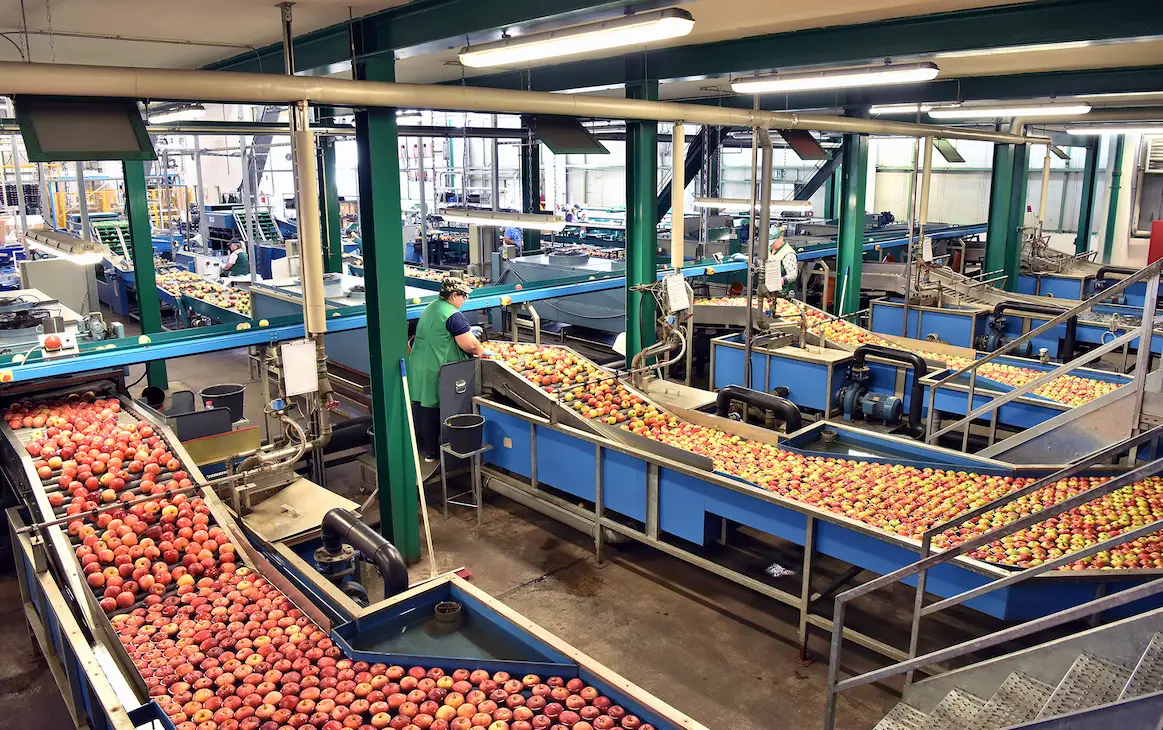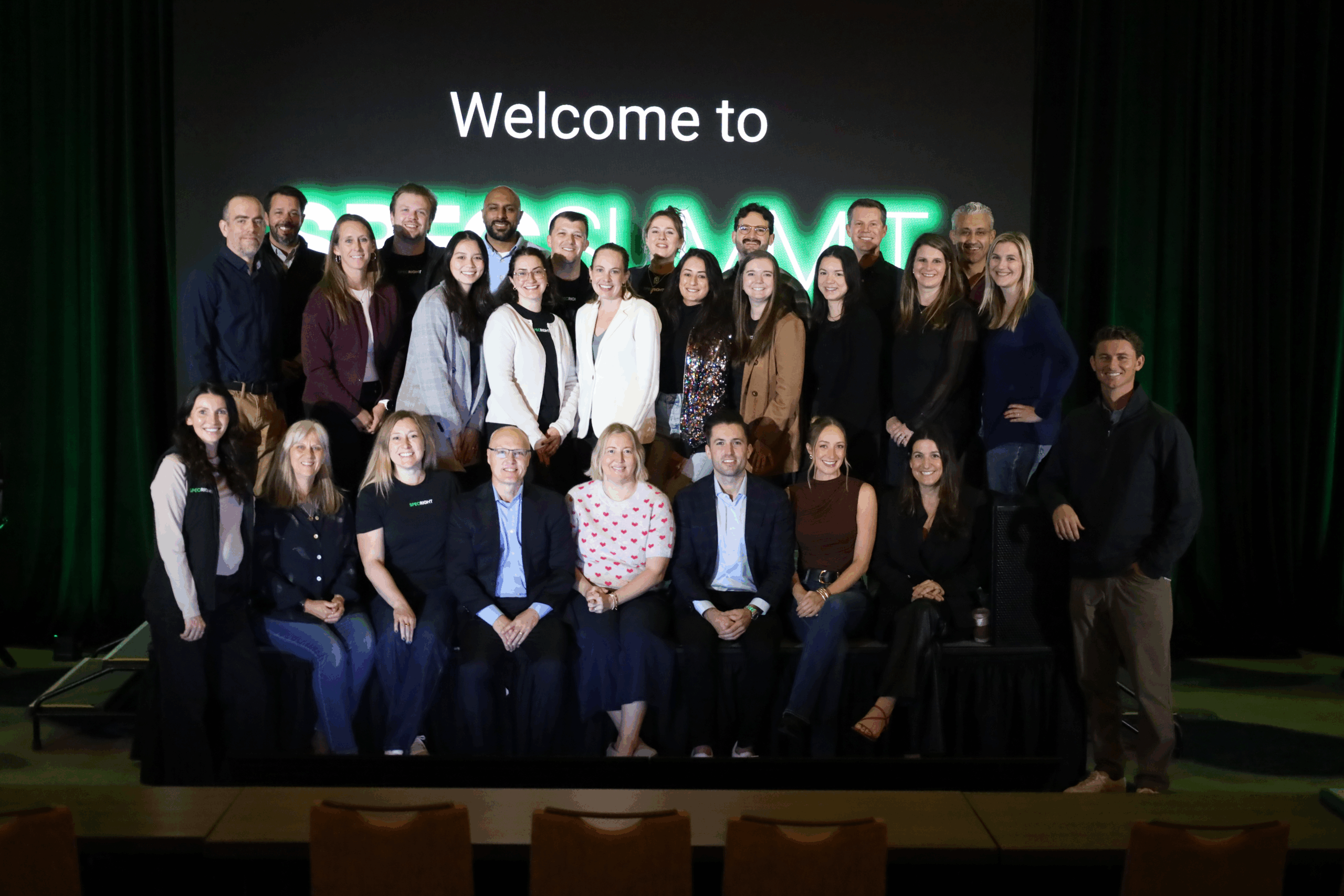Understanding Sustainability in the Food Industry
The increasing consumer demand for sustainability has pushed the food industry to explore new alternatives that drive sustainable change. In order to do so food companies must understand what sustainability means to the industry and their individual organization.
Sustainability in relation to the food industry as a whole impacts environmental health as well as the long-term viability of food production itself. Its role in the industry has gained huge recognition although it faces numerous challenges when it comes to implementation.
Whether it’s reducing carbon footprints and managing water usage or ensuring ethical labor practices and minimizing waste, food brands must come up with creative solutions for integrating sustainability goals into already existing business models.
The Environmental Impact of Food Production
The environmental impact of food production is a topic that sits at the heart of global sustainability discussions. As the world grapples with the urgent need to reduce emissions and carbon footprints, the food industry is increasingly a focus as a huge contributor.
Innovative advancements in food system efficiency are paving the way for significant reductions in carbon emissions and, consequently, the industry’s overall impact on climate change. The challenge of mitigating greenhouse gas emissions is intertwined with practices such as improving soil health and managing carbon emissions more effectively.
Maintaining biodiversity and healthy soils play a pivotal role in carbon sequestration, which can significantly offset carbon emissions, thus contributing directly to climate mitigation efforts. This interconnected system reflects the food industry’s need to address environmental impacts at all stages of production and the supply chain.
In recognizing these impacts, the food industry must adopt eco-friendly practices during sourcing, production, and supply chain management. Making this shift towards sustainable alternatives will not only help the food industry align with global sustainability goals but also create health benefits and meet the demands of eco-conscious consumers.
Promoting Food Security and Resilience
To further build sustainable food systems the food industry must align with the promotion of food security and resilience. These systems are vital, not only for maintaining the health of our planet, but for ensuring a stable food supply that can withstand the pressure of population growth, climate change, and economic shifts.
Collaboration within the food industry plays a crucial role in this regard. By uniting efforts across sectors – from agriculture to distribution – companies can create a more robust and resilient supply chain. In doing so the efficiency of food production and distribution can also be improved, enabling more time for innovation that addresses food insecurity.
5 Emerging Sustainability Food Trends
In response to the growing concerns related to sustainability within the food industry, multiple trends have gained popularity.
1. Food Waste Mitigation
Mitigating food waste is a pivotal trend accompanying innovative strategies within the food industry. Companies are turning to advanced tech solutions to track and manage inventory more effectively, reducing spoilage and excess.
Furthermore, there is a growing emphasis on finding creative uses for byproducts and educating consumers about ways to reduce waste at home, all contributing to a significant decrease in the overall environmental impact of food production.
2. Sustainable Food Packaging Innovations
The revolution in sustainable packaging is addressing one of the most visible aspects of the food industry’s environmental impact. Companies are now deploying compostable and upcycled packaging options to minimize waste.
Compostable materials break down and return to the earth without leaving harmful residues, while upcycled packaging repurposes waste materials into new, functional products, reducing the need for virgin materials.
3. Plant-Based Foods
The surge in plant-based foods represents a profound shift in consumer behavior and food waste reduction technology, spotlighting alternative proteins like plant-based meats. These alternatives are not just about offering vegetarians and vegans more options; they are about creating sustainable, scalable solutions to reduce the environmental footprint of traditional meat production.
From burgers to sausages, plant-based meats are carving a niche that promises a lower carbon footprint, less water usage, and fewer agricultural inputs.
4. Sustainable Sourcing For Food Brands
Sustainable sourcing practices are gaining momentum as a critical trend in the food industry’s push towards sustainability. This involves prioritizing the procurement of raw materials in a way that emphasizes environmental preservation, ethical labor practices, and economic viability for local communities. Companies are increasingly transparent about their sustainable supply chains, ensuring that their products are responsibly sourced and that suppliers adhere to sustainable practices.
5. Farming Practices
Regenerative agriculture is emerging as a transformative approach within farming practices, aimed at restoring soil health and biodiversity. This method goes beyond reducing harm to actively improving resources, enhancing the soil’s ability to absorb carbon, regenerate its nutrients, and support biodiverse ecosystems. As a result, regenerative agriculture not only sustains but revitalizes the environment, providing a robust framework for the future of farming.
Enhancing Sustainability in the Food Industry Through Effective Specification Management
Whether it’s sustainable sourcing or adding plant-based products to a company’s portfolio organizations must have insights into their supply chain to implement sustainable change. Effective supply chain management is key to this meaningful change.
This approach not only pushes sustainability initiatives across the finish line but also harnesses critical data that accelerates the development of new, sustainable products. Access to comprehensive data and specifications enables companies to quickly innovate while maintaining sustainability standards that can set them apart from competitors.
Additionally, robust specification management systems enhance traceability, ensuring that every component in the supply chain is tracked back to its source, guaranteeing compliance with sustainability benchmarks and consumer expectations.
To transform the food industry’s impact on our planet organizations must make strategic changes from the bottom up. With the implementation of specification data management systems like Specright organizations can make sustainable changes that best meet the needs of their company and consumers.
Want to see how specification management can help your food brand meet sustainability goals?
Checkout Specright’s sustainability page or request a demo here, to discover how.
Explore More Blogs
Get Started
With Specright’s Solution Suite, you can digitize, centralize, and link your specification data to drive efficiencies, intelligence, traceability, and collaboration within your organization and across your supply chain network.




